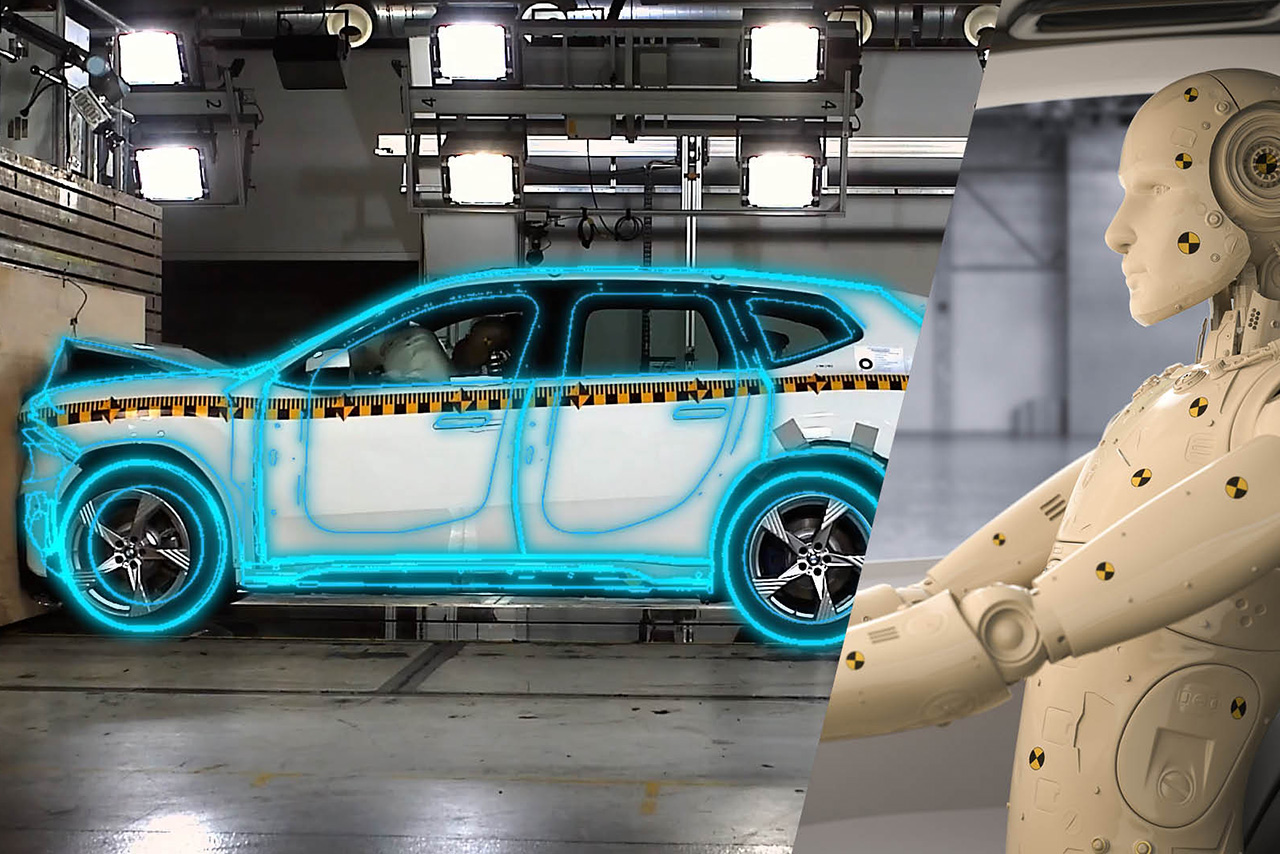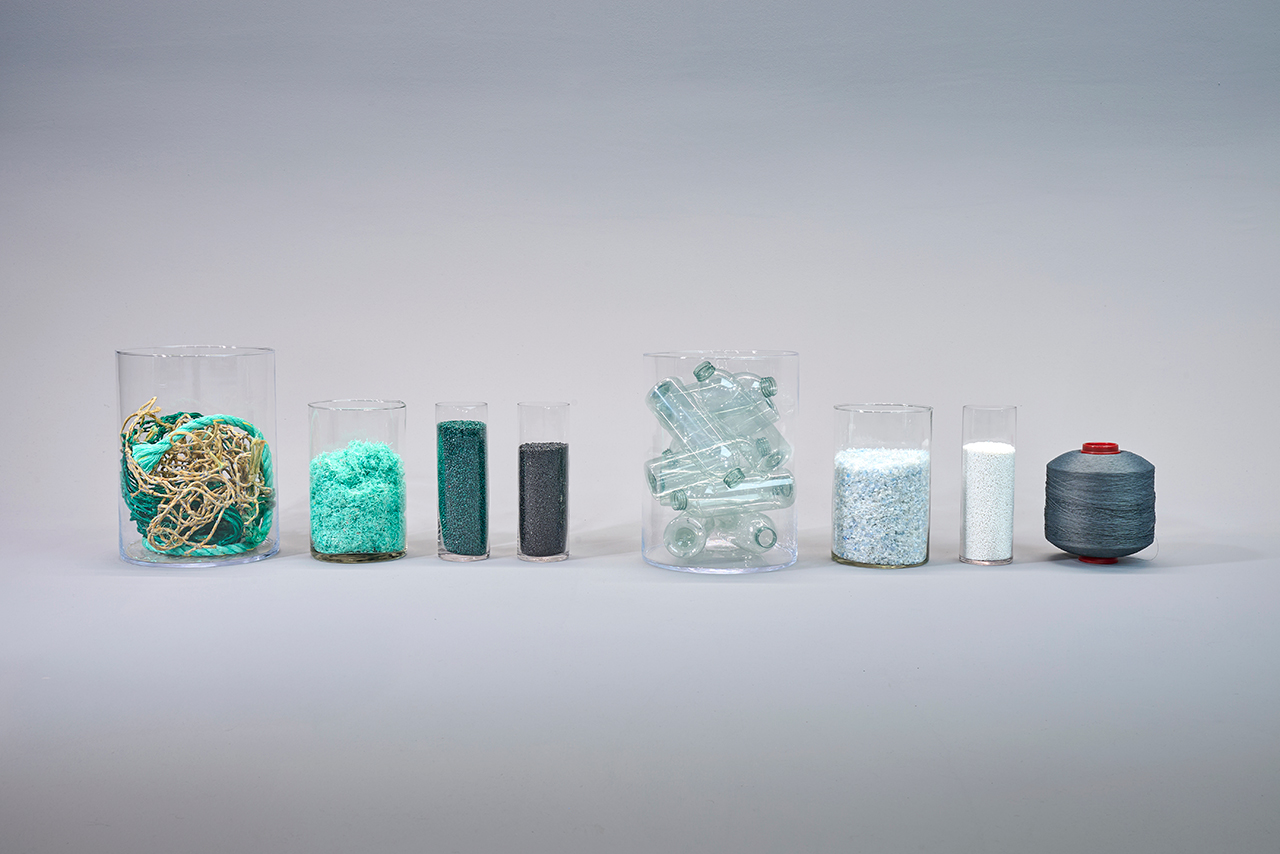How did the TEDxMünchen attendees respond in your discussions?
The overall tone was very positive. There was a good, active exchange of ideas. There’s generally the expectation that we still have to do much more. I agree with that. I will only have achieved my goal when my job at the BMW Group is no longer needed – when my colleagues all claim this topic for themselves. We are well on our way to getting there.
How did the young people voice their expectation that there is still a lot to do?
We talked a great deal about BMW i and what the BMW Group has already achieved. This is quite remarkable and definitely still a long way ahead of the competition. But, at the same time, you start to wonder about things like why we don’t systematically expand recycling to all our products? Or why big cars with conventional drive trains still make up such an important part of our product line-up? This question is justified. BMW i doesn’t just stand for electric – it stands above all for innovation. That is why we are transferring these technologies to our other vehicles. The same applies to the BMW X7, which also has to meet targets for the use of recycled materials. We just don’t advertise it as widely. Depending on the drive technology and vehicle class, our aim is for all our products to be among the best in the marketplace. Electromobility will develop at very different rates in different places – because it largely depends on the infrastructure in individual markets. The BMW Group strategy refers to this as the “Power of Choice”: This means customers get to choose the best drive technologies for their needs. Like I said, all of these aspire to be the most efficient in the competitive environment. A delegate from India summed it up perfectly: In India, a discussion about sustainability like the one we are having would be unthinkable, because people are still primarily interested in getting from A to B cheaply and reliably. That may not be very satisfactory right now – but it is the reality we all have to deal with.
Daniela, you said “Modern luxury isn’t a question of age or demographic factors, it’s where you stand.” Can you tell us what you mean by that?
Luxury, by definition, goes beyond what is truly needed. That’s why the question of whether luxury is even capable of being sustainable is not academic. The difference lies in where you stand: consciously deciding for or against something. Or perhaps: What will I base my decision to buy something on in the future? By the way, the people who attended today agreed with us on this. New technological developments will find their way into the mass market in higher-priced products. In design terms, this means: It’s not just the experience that has to be compelling. Leaving out interior components would naturally be the most sustainable approach – then you wouldn’t have to worry about the origins of raw materials, the carbon footprint or recycling. But it is design's job to ensure that reduction becomes more than just leaving things out – creating instead a high-end space that makes the product desirable and luxurious. Paving the way for this was another thing the participants expect from the BMW Group – and another opportunity for us to show where we stand.


















